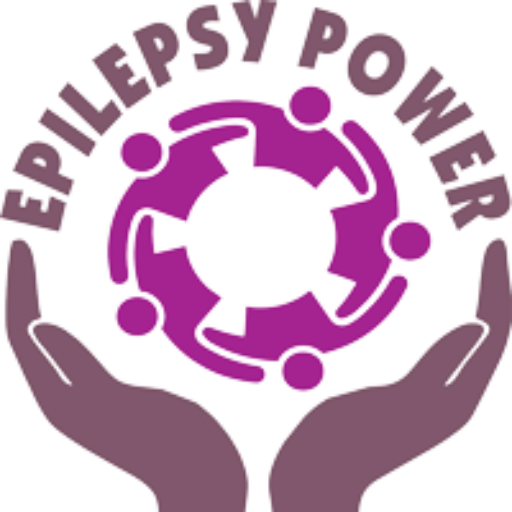Epilepsy is a common neurological disorder characterised by “an enduring predisposition to generate epileptic seizures and by the neurobiological, cognitive, psychological, and social consequences of this condition. The definition of epilepsy requires the occurrence of at least one epileptic seizure”.
A seizure is defined as “a transient occurrence of signs and/or symptoms due to abnormal excessive or synchronous neuronal activity in the brain” (Fisher et al., 2005). Symptoms occurring during the seizures could be various different, depending on the brain area involved and, basing on neuronal network generating the seizure, it is possible to distinguish: focal onset seizures (with or without awareness impairment) and generalized onset seizures. Thus, beyond the typical representation of generalized tonic-clonic seizures, epileptic events could lead to other kind of symptoms: sensory/motor/auditory/visual symptoms, involving or not subject’s awareness (e.g., absences or temporal lobe seizures). Similarly, epilepsy etiologies could be disparate and different (genetic, metabolic, structural, infectious, autoimmune…). A third level of the ILAE classification include also specific syndromes, often related to age of subject.
As previously stated, a seizure could have different manifestations. In general, as for generalized tonic-clonic seizures, tonic/atonic seizures (seizures in which the subject becomes “rigid” or “flaccid”, respectively), people could be at risk of falling. Some little tips could aid you to help a person experiencing such kind of seizures. First of all, you should protect the person head, putting something soft under the head, trying to avoid brain injury. You should not put anything inside the mouth of the subject or try to restrain him/her during a seizure. You should also put the person in lateral position, in order to avoid airways’ obstruction. As for focal seizures with or without awareness impairment, you should protect the person leading him/her away from dangerous things, waiting for the end of the seizure and reassuring him/her.
Both for generalized or focal seizures, in some cases is necessary to call emergency service:
- Seizure with loss of consciousness longer than 5 minutes,
- not responding to rescue medication if available
- Repeated seizures longer than 10 minutes, no recovery between them
- Difficulty breathing after seizure
- Serious injury occurs or suspected (e.g. brain injury)
- First time seizure
